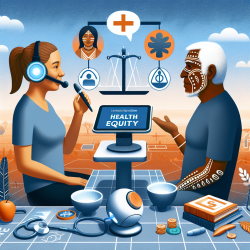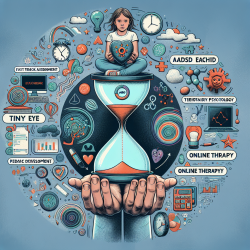Understanding the Impact of Colonialism on Health
The ongoing role of colonialism in producing health inequities is well-known. A recent study titled What all students in healthcare training programs should learn to increase health equity: perspectives on postcolonialism and the health of Aboriginal Peoples in Canada delves into how postcolonialism can help healthcare providers better understand and address these inequities.
Key Findings from the Research
The study identified three main themes that should be incorporated into Canadian healthcare training programs:
- Content to be taught: This includes the history of colonization of Aboriginal Peoples in Canada, how colonial structures continue to produce health inequities, and how clinicians’ own experiences of privilege and oppression affect their practice.
- Delivery methods: Interactive teaching strategies, collaboration with Aboriginal partners, and longitudinal integration of the content.
- Rationale: Understanding health and healthcare as situated in social, political, and historical contexts rooted in colonialism.
Implementing These Insights
As a practitioner, you can enhance your skills by incorporating these insights into your practice. Here are some actionable steps:
- Educate Yourself: Gain a foundational understanding of the history of colonization and its ongoing impact on health inequities.
- Reflect on Your Privileges: Understand how your own experiences of privilege and oppression may affect your practice.
- Engage with Communities: Collaborate with Aboriginal communities to ensure culturally safe and effective healthcare delivery.
- Use Interactive Methods: Employ interactive teaching strategies to engage with the content deeply and meaningfully.
Encouraging Further Research
While this study provides valuable insights, it also highlights the need for further research. Engaging in or supporting research that explores the integration of postcolonialism in healthcare training can contribute to more equitable health outcomes.
Conclusion
Incorporating the principles of postcolonialism into healthcare training and practice is essential for addressing health inequities. By educating yourself, reflecting on your privileges, engaging with communities, and using interactive methods, you can improve your skills and contribute to better health outcomes for all.
To read the original research paper, please follow this link: What all students in healthcare training programs should learn to increase health equity: perspectives on postcolonialism and the health of Aboriginal Peoples in Canada.










